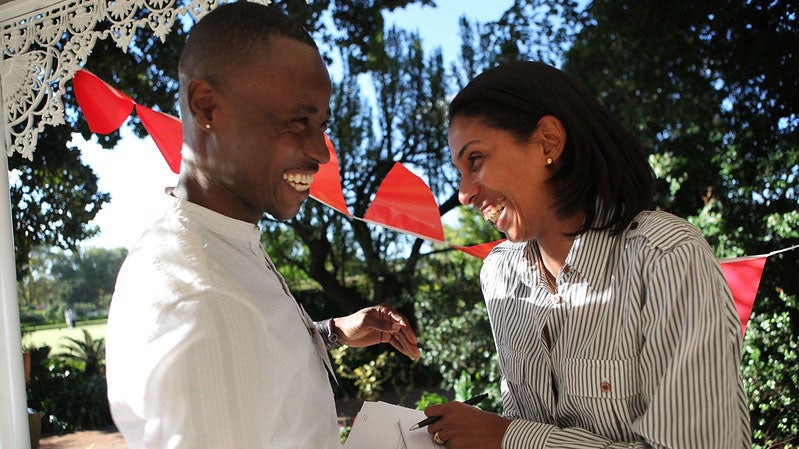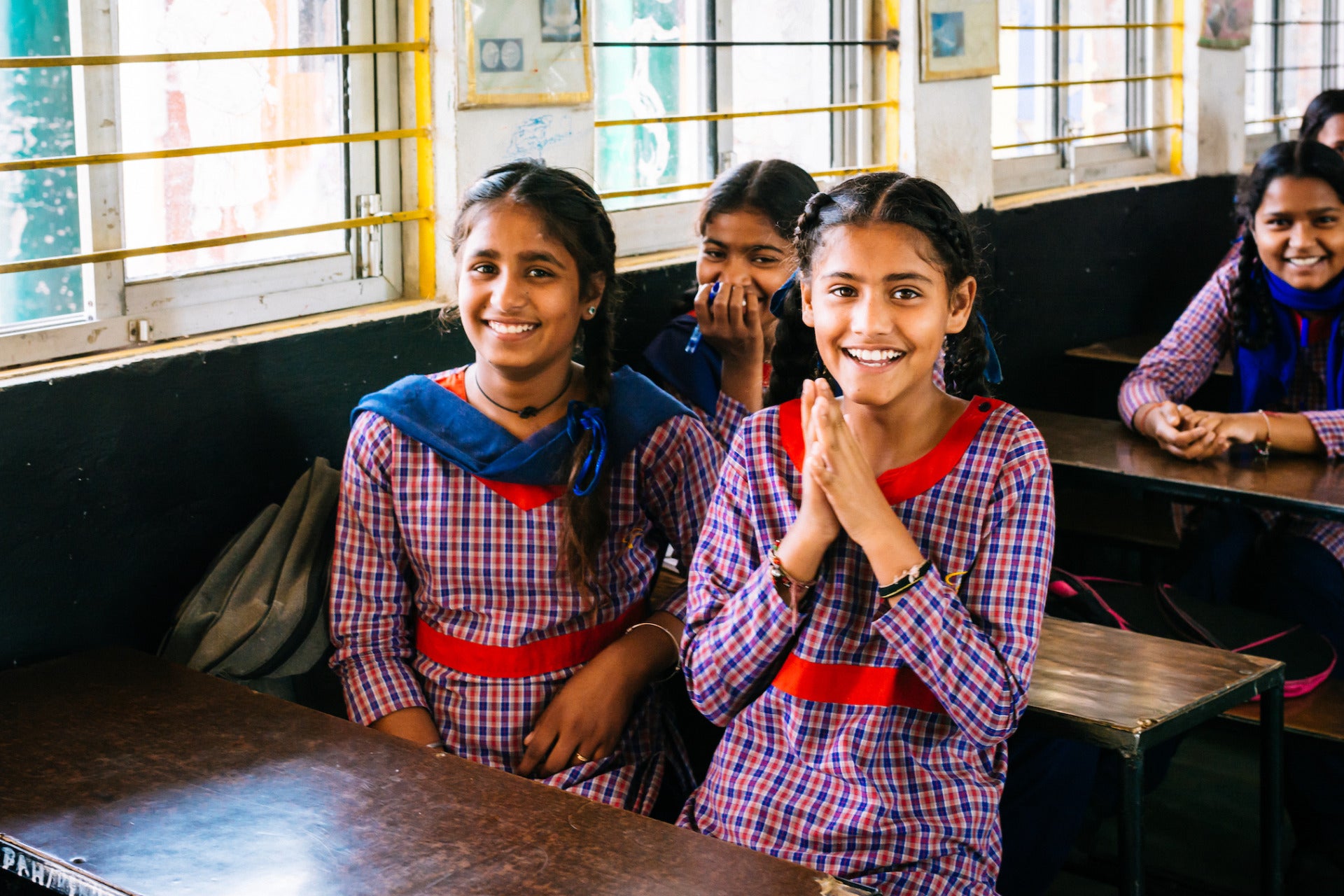Only 39% of women ages 18-65 are a part of the workforce in Central America due to cultural and economic barriers. Vital Voices Central America is working to change that by shifting the narrative for women in the region, empowering them with the tools they need to succeed both economically and socially.With six chapters in Guatemala, Honduras, Costa Rica, El Salvador, Panama, and Nicaragua, Vital Voices Central America has put together more than 100 local programs and affected the lives of 100,000 girls and women.
On this week’s episode of Aspen Insight, host Amina Akhtar speaks with two women integral to the success of Vital Voices Central America: Maria Pacheco and Alexandra Kissling. Pacheco and Kissling discuss some of the challenges men and women face in a machismo (or machista) culture and how important economic opportunity is for lifting girls and women out of poverty and creating positive change.
Vital Voices Central America was created when Pacheco convened a conference of various chapters, and Kissling and others decided to join efforts to help maximize their impact. Each chapter runs context-specific programming, which ranges in scope and topic. From improving conditions for rural women to masculinity workshops — the programs enable the economic and social development of women.
Pacheco and Kissling are a part of the Aspen Global Leadership Network, joining more than 3,000 high integrity, values-based entrepreneurial fellows around the world. Within this network, there are 14 fellowship programs that are sector or region-specific. Their fellowship program, CALI, or Central American Leadership Initiative, helped them broaden the reach of Vital Voices Central America. This episode was recorded duringthe 2019 Resnick Aspen Action Forum where Pacheco and Kissling were recognized as McNulty Laureates for the John P. McNulty Prize. The prize recognizes bold, entrepreneurial leaders working to solve society’s biggest issues. The winner will be announced on October 30.

